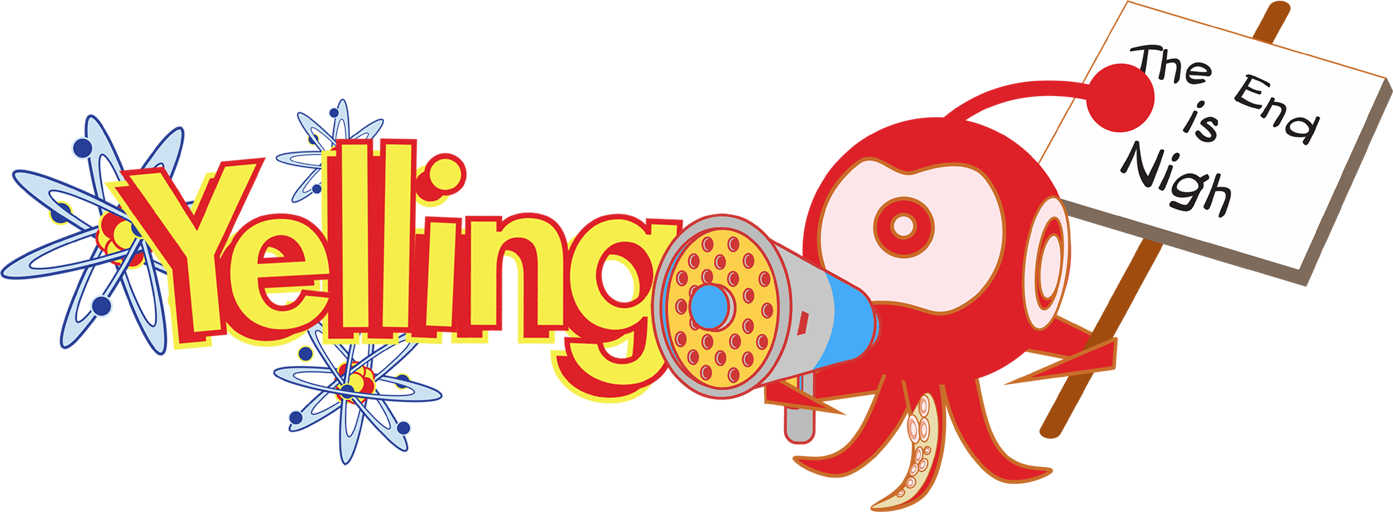Wikipedia, Figuratively
By Betsy Bradford
I recently overheard someone say: "My sister and I literally went to Wikipedia." This made me wonder what the alternative would be. If you didn't literally go to Wikipedia, did you figuratively go to Wikipedia? And, if so, what does that even mean?
I brought this up to a friend, and he suggested that maybe figuratively going to Wikipedia is using a print dictionary, but this doesn't work for me. Despite the obvious differences between The Encyclopedia Britannica and Wikipedia, they're a little too similar for me to consider the one being a figurative form of the other. If anything, I'd think of Wikipedia as the figurative version of The Encyclopedia Britannica, but that's just me displaying my print bias.
Personally, I think that the figurative Wikipedia is talking to a know-it-all friend who is pathologically incapable of defending his opinions while also insisting that they're true. In general, that's really what Wikipedia is, isn't it? The difference is that Wikipedia is anonymous, so you can't prove unequivocally that the person talking to you isn't actually an expert. It's just likely that they aren't. After all, most people I know who are truly experts in a topic aren't posting on Wikipedia. They're publishing journal articles, writing books, and speaking at conferences.
As I see it, when you consult Wikipedia, you're really just posing a question to someone who may or may not have an answer, but will tell you what they think to the best of their ability. I know it's not a perfect analogy. With Wikipedia, articles are edited and honed over time. So I guess rather than just asking one friend, you've asked one person, and after he answers but three other people chime in with their own thoughts. In real life, you'd go home and decide for yourself which answer you think is the best. With Wikipedia, other people have already made this decision for you, leaving you with something that looks and feels like a reference source.
Still, with Wikipedia's famous anonymity, I can't really give what they say any more credence than I would opinions offered at a party. I mean, what do these people really know? Maybe they know a lot. Maybe they're talking out of their asses. Maybe they're making shit up because they're dicks. Yeah, you can track back and check the history pages and follow the course of the discussion (an option still sadly lacking in real life), but still. You can't verify the authority of any of these people.
This isn't to say that I don't use Wikipedia. I do, but I take it with a grain of salt, much like I would a conversation with a know-it-all friend. If I'm doing research or looking into something actually important, I still favor the resources at my library, or at the very least a more authoritative website. After all, if you had to defend a claim you made in your term paper to your professor, you can't just say, "Well, my know-it-all friend said so, so it must be true." How do you think that would go for you?
For my own part, I'm going to reserve figurative and literal Wikipedia for quick reference, especially to things that don't matter very much. The rest of the time, I'm going to look for more authoritative resources. They're there waiting for you to find them. People are still literally researching and writing, so you might want to check it out.



